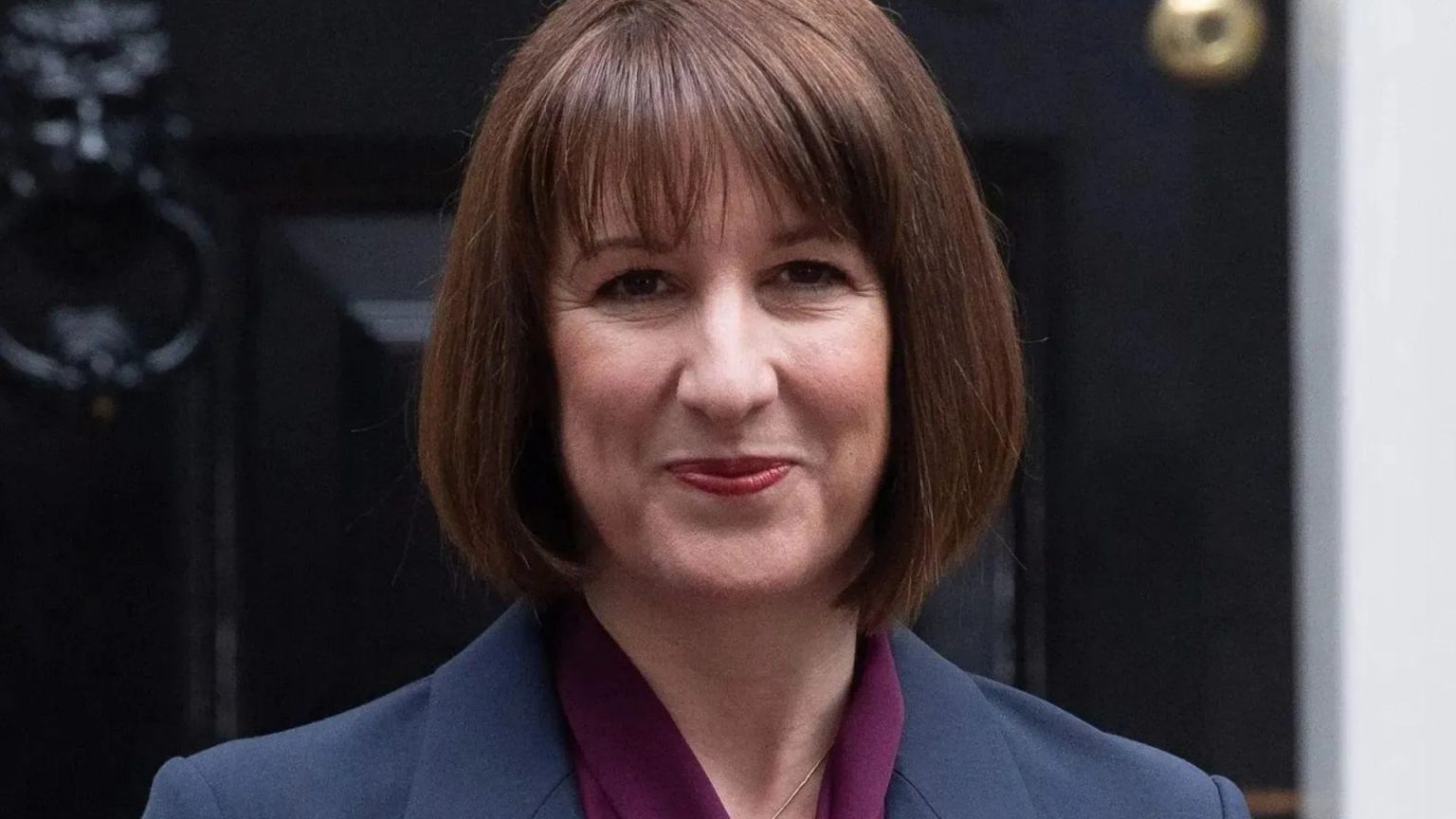The UK job market experienced a significant downturn in November 2023, marking the sharpest monthly decline in vacancies in four years, according to a survey conducted by KPMG and the Recruitment and Employment Confederation (REC). This decline follows the autumn Budget, which included a £25 billion tax increase for businesses, a move spearheaded by Shadow Chancellor Rachel Reeves. The survey, encompassing 400 recruitment agencies, revealed a substantial drop in available positions, particularly in professional and IT sectors. This slump in hiring activity is attributed to businesses re-evaluating their recruitment plans in response to the increased tax burden. The decline in vacancies, which has now persisted for 13 consecutive months, underscores a growing concern among businesses about the economic outlook.
Neil Carberry, the CEO of REC, highlighted the direct link between the Budget’s tax measures and the subsequent hiring freeze. He emphasized that the fall in vacancies primarily affected permanent roles within the private sector, suggesting a cautious approach by businesses to long-term commitments in the face of rising costs. The November decline represents the most significant drop in vacancies since August 2020, indicating a potentially concerning trend for the UK job market. This decline coincides with a broader downturn in business confidence, further emphasizing the negative impact of the recent fiscal policies. The combination of increased taxes and economic uncertainty has created a challenging environment for businesses, prompting them to reassess their hiring strategies and prioritize cost-saving measures.
The survey also revealed growing apprehension among businesses regarding the proposed Employment Rights Bill, championed by Deputy Prime Minister Angela Rayner. This bill, which aims to strengthen workers’ rights and introduce stricter regulations for temporary work, has raised concerns among employers about increased costs and administrative burdens. The combination of tax hikes and potential regulatory changes has contributed to a climate of uncertainty, making businesses hesitant to expand their workforce. The potential impact of these changes on business profitability and competitiveness has further fuelled the decline in job vacancies.
Adding to the gloomy outlook, a separate report by business advisory firm BDO revealed that business confidence plummeted to its lowest level in almost two years. This sharp decline, the most significant since 2021, reflects a growing pessimism among businesses about the economic landscape. Companies are bracing for a confluence of challenges, including rising costs, reduced demand, and a decrease in orders. This confluence of negative factors further reinforces the concerns highlighted in the REC survey and suggests a broader slowdown in economic activity. The declining business confidence adds another layer of complexity to the already challenging job market, potentially exacerbating the decline in vacancies and hindering economic growth.
Shadow Business Secretary Andrew Griffith criticized the government’s policies, attributing the fall in business confidence and the “collapse” in job vacancies to the recent tax increases and the proposed Employment Rights Bill. He argued that these measures have created a hostile environment for businesses, discouraging investment and hiring. Griffith further criticized the government’s approach to economic management, suggesting that their policies are detrimental to business growth and job creation. This political criticism highlights the ongoing debate about the effectiveness of the government’s economic strategy and its impact on the job market.
The survey findings and the drop in business confidence paint a concerning picture of the UK’s economic outlook. The significant decline in job vacancies, coupled with growing uncertainty among businesses, suggests a potential slowdown in economic growth. The combination of tax increases, regulatory changes, and declining demand poses significant challenges for businesses, leading to a cautious approach to hiring and investment. This cautious approach further contributes to the decline in job vacancies, creating a cyclical effect that could negatively impact the overall economy. The situation requires careful monitoring and potentially policy adjustments to mitigate the negative impacts and stimulate job creation.











